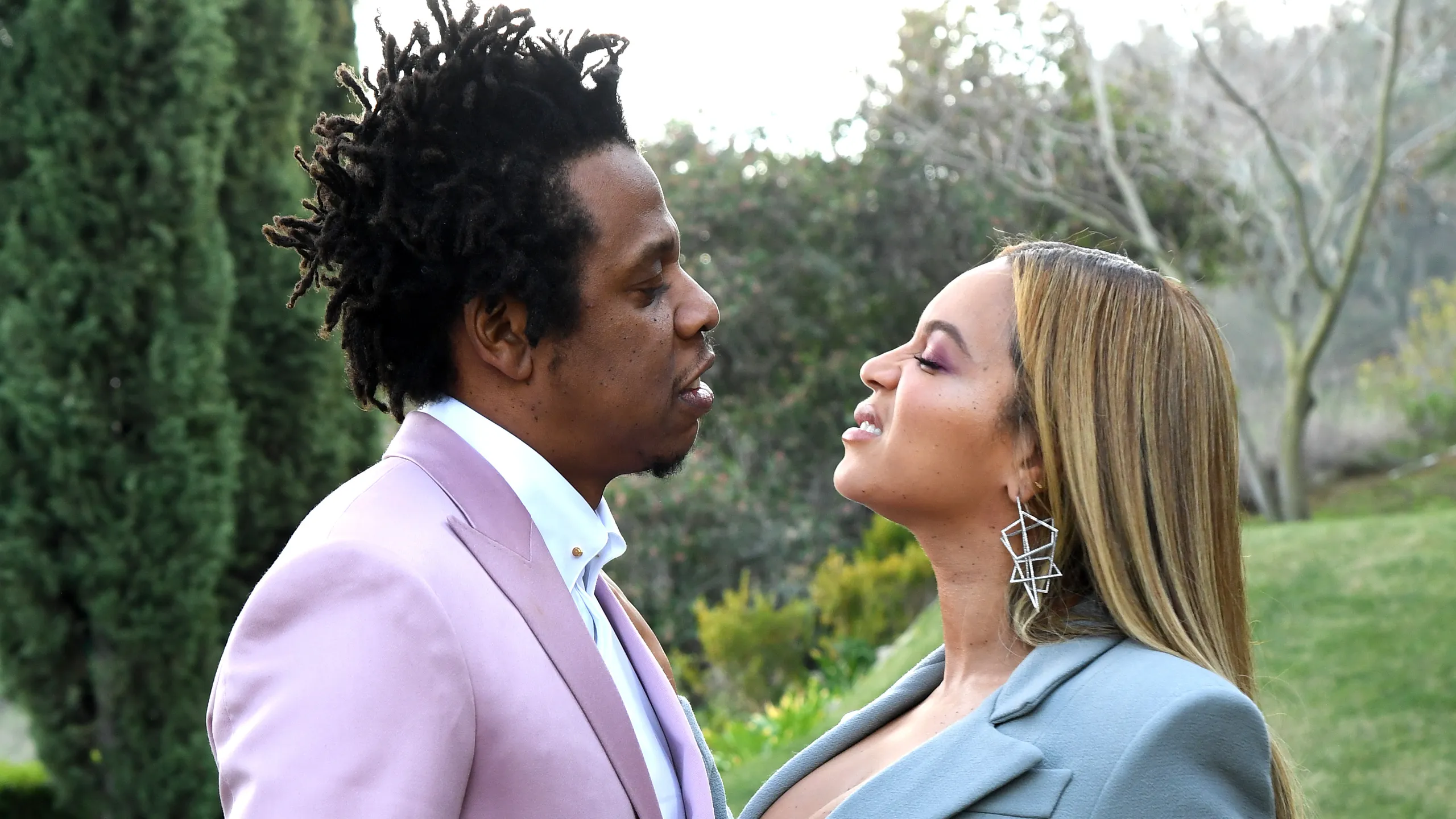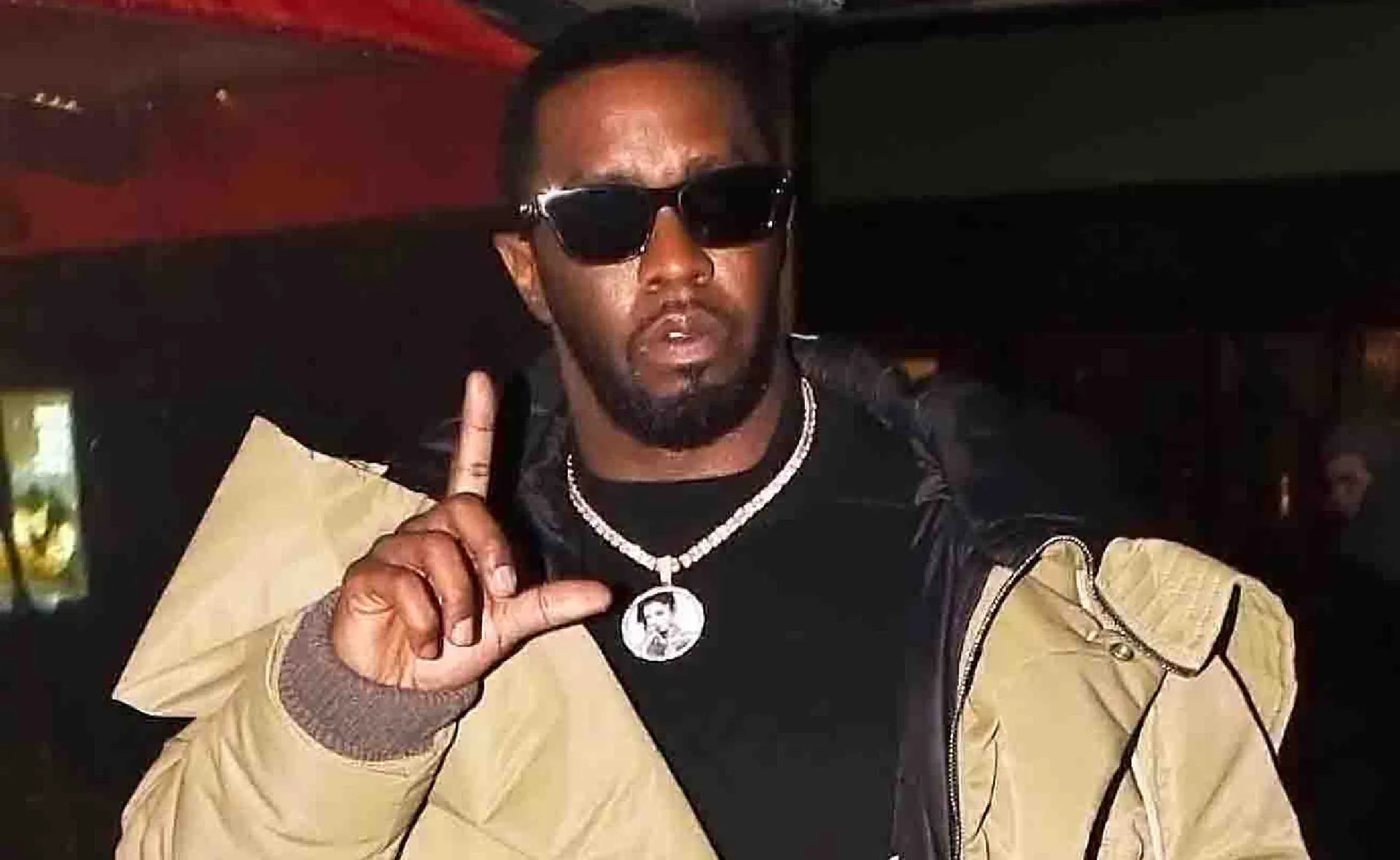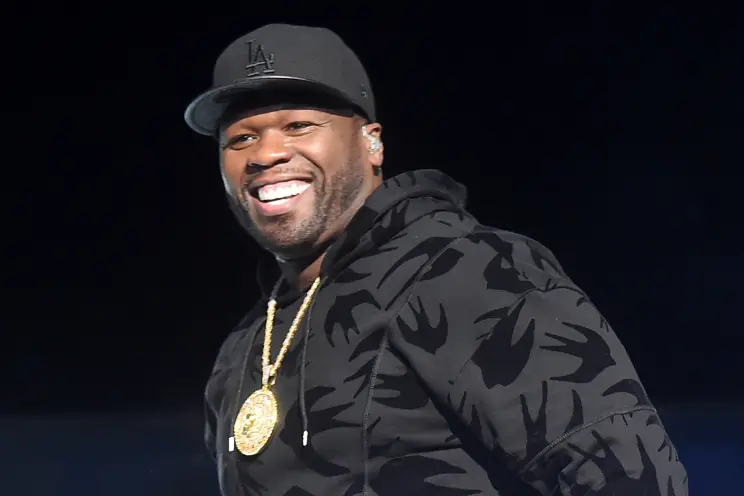For years, Destiny’s Child was the epitome of success—chart-topping hits, sold-out tours, and an image of unshakable sisterhood. But behind the glitter and flawless performances, whispers of tension, jealousy, and manipulation have lingered. Now, Michelle Williams has reignited the fire with candid revelations that shine a light on old wounds, especially between Kelly Rowland and Beyoncé, and the role Beyoncé’s father, Matthew Knowles, allegedly played in creating the divide.

Michelle’s recent comments have stunned fans. While she’s always been known as the group’s calm and supportive voice, she didn’t hold back when discussing the challenges Kelly faced living in Beyoncé’s shadow. Describing the emotional weight of her own time in the group, Michelle painted a picture of constant comparison and subtle sidelining—a struggle Kelly knows all too well.
The idea that Kelly battled jealousy toward Beyoncé isn’t new, but Michelle’s remarks have given it fresh credibility. Kelly herself has addressed these feelings in her 2013 track “Dirty Laundry,” where she admitted to feeling both proud of and overshadowed by her “sister” during Beyoncé’s meteoric rise. Those lines, once seen as raw honesty, now seem like just the tip of the iceberg.
According to Michelle, this jealousy didn’t just appear out of nowhere—it may have been nurtured by Matthew Knowles himself. As Destiny’s Child’s manager and Beyoncé’s father, Matthew has long faced accusations of favoritism. Fans have speculated for years that he intentionally kept Beyoncé at the forefront, while other members—including Kelly—were pushed to the background. Michelle’s comments suggest that this favoritism was more calculated than anyone realized.
The group’s history offers plenty of fuel for the theory. Original members Latavia Roberson and LeToya Luckett famously learned they’d been replaced when they saw new members in the “Say My Name” video. Lawsuits, shifting lineups, and public feuds all marked Destiny’s Child’s journey—but Beyoncé remained the star of the show, her path to solo superstardom seemingly paved from the start.

Kelly’s own solo career showed promise—her debut album “Simply Deep” performed respectably—but it couldn’t match the powerhouse debut of Beyoncé’s “Dangerously in Love.” From that point on, the media drew relentless comparisons between the two. Even in interviews meant to spotlight Kelly, questions would circle back to Beyoncé, a pattern Michelle says weighed heavily on Kelly over the years.
This frustration reportedly reached a breaking point earlier this year when Kelly abruptly left the set of the Today Show. While early reports blamed a dressing room dispute, insiders claim the real reason was her annoyance at yet another interview being steered toward Beyoncé. Michelle’s revelations now cast that moment in a different light—more as an act of self-preservation than diva behavior.
Michelle also revealed that Beyoncé had invited Kelly to join her for select performances on her tour, including in major cities like Paris. Kelly allegedly turned down the offers, not because of scheduling conflicts, but because she didn’t want to deal with the inevitable comparisons and online criticism. “She didn’t want to deal with the constant dragging for not being on Beyoncé’s level,” Michelle said.
The timing of these revelations is striking. Kelly recently announced she’ll be opening for Brandy and Monica on their upcoming tour—a move that some fans see as a fresh chapter, while others interpret it as a step down. Either way, the decision has reignited debates about her place in the industry and whether she’s been given a fair chance to thrive on her own.

As for Matthew Knowles, his reputation as Destiny’s Child’s “puppet master” continues to spark controversy. Was he simply a savvy manager ensuring his daughter’s success, or did he knowingly create rifts that left lasting scars on the group’s members? Michelle’s perspective leans toward the latter, suggesting the damage done in those years still shapes the women today.
With Michelle confirming so many long-held suspicions, fans are now revisiting Destiny’s Child’s history with fresh eyes. Was Kelly Rowland truly jealous, or was she a talented artist never given the space to shine? Was Beyoncé’s rise purely organic, or the result of behind-the-scenes engineering that sidelined others?
What’s clear is that Destiny’s Child’s story is far more complicated than the polished image they presented to the world. Beneath the matching outfits and harmonies lay a reality shaped by ambition, loyalty, favoritism, and the struggle to stand tall when the spotlight seems permanently fixed elsewhere.
Michelle’s words have not only reopened old debates—they’ve rewritten the narrative. And as fans wait to see how Kelly responds, one thing is certain: this chapter in Destiny’s Child’s legacy is far from closed.




